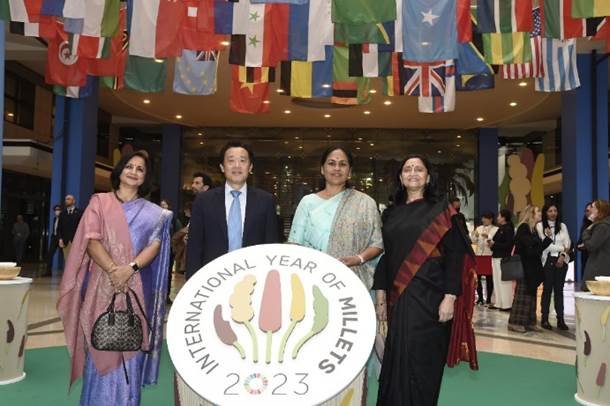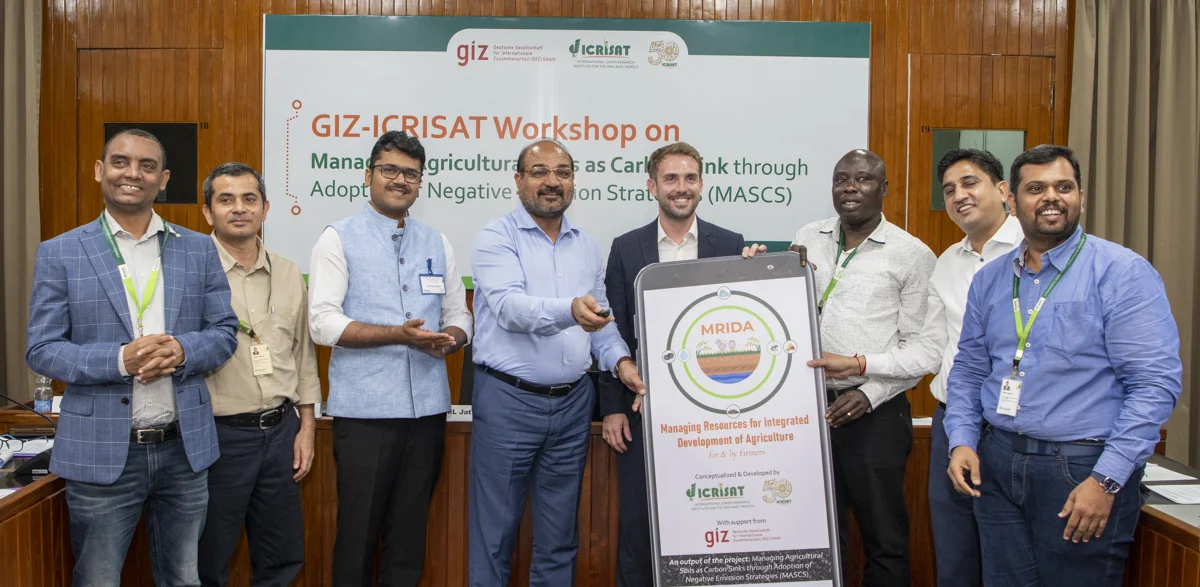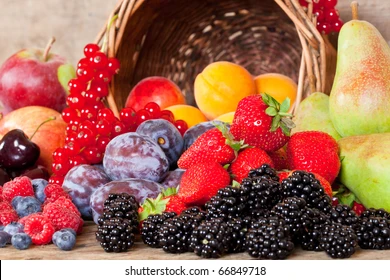A significant step towards Mission Shakti’s vision of making Odisha a land of equal opportunities, where women are empowered to live with dignity and economic prosperity
The collaboration will initially focus on women-led enterprises from six districts i.e.,Malkangiri, Koraput, Nabrangpur, Rayagada, Mayurbhanj and Kendujhar, and is expected to benefit nearly 20 Lakh women across the six districts in 3 years.
Indian School of Business (ISB) and Department of Mission Shakti, Government of Odisha signed a Memorandum of Understanding (MoU) to enable women’s economic empowerment and rural prosperity through a robust forest economy.
The MoU was signed by Ashwini Chhatre, Executive Director – Bharti Institute of Public Policy (BIPP), Indian School of Business, and Sujatha Karthikeyan, IAS, Commissioner- cum-Secretary, Department of Mission Shakti, Government of Odisha. The signed copies of the MoU were exchanged in the presence of the Chief Minister of Odisha, Naveen Patnaik, at the Make in Odisha Conclave in Bhubaneswar.
This MoU marks a significant step towards Mission Shakti’s vision of making Odisha a land of equal opportunities, where women are empowered to live with dignity and economic prosperity.
Under this three-year MoU, ISB & Mission Shakti will collaborate to build a prosperous and sustainable forest economy in Odisha through women-led community enterprises, starting with the districts of Malkangiri, Koraput, Nabrangpur, Rayagada, Mayurbhanj and Kendujhar. Speaking on the collaboration with Mission Shakti, Ashwini Chhatre, Executive Director – Bharti Institute of Public Policy (BIPP), Indian School of Business, said, “The forest economy, anchored in secure tenure, and built on women-centric community owned enterprises, is a triple-win model; with the potential to transform the lives of nearly 2 million women in the six districts, benefitting industry with secure, visible, traceable, and sustainable sources of supply and, ensuring sustainable management of forest landscapes”. “It is a win for the people, profits and the planet”, he said.
The MoU will strengthen Mission Shakti’s ongoing efforts at women’s empowerment through ISB’s business expertise and experience. ISB’s model for boosting the forest economy in Odisha combines large-scale women-led community enterprises built as federations of Women’s Self-Help Groups (WSHGs), Community Forest Resource Rights’ (CFR) titles at the village level in forest landscapes, technology support for harnessing economies of scale through aggregation and mechanisation, and direct market linkage with large buyers of forest-based industrial raw materials.
Mission Shakti will facilitate mobilisation of the Women Self Help Groups (WSHGs) and implementation of Community Forest Resource Rights across the six districts, acting as the nodal department within Govt of Odisha in enabling this model in the state. Along with facilitating technology development and direct market linkage, ISB will work with Mission Shakti a) to operationalise security of tenure through CFR titles, and b) for capacity building, financial inclusion and skill development of WSHGs such that successful women-led community owned enterprises are established by the end of three years.
ISB-BIPP’s Initiative on the Forest Economy (IoFE), built on three pillars of security of tenure, economies of scale, and assured market linkages, aspires to build a landscape-scale sustainable and thriving forest economy by enabling sustainable management of forests and improved livelihoods for over 200 million forest-dependent people across India.
With pilots currently in Malkangiri district in Odisha as well as in Jharkhand and Himachal Pradesh, the model is now ready to scale up and scale out rapidly.
A significant step towards Mission Shakti's vision














